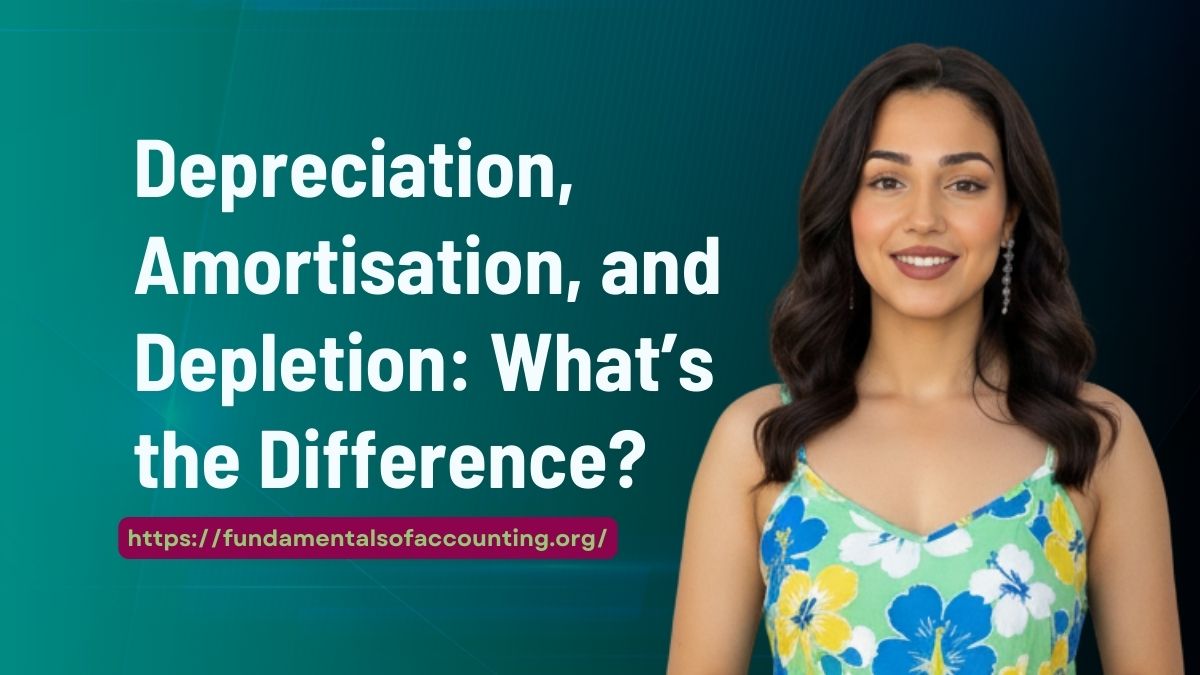What are Avoidable and Unavoidable Costs?
In business and financial planning, knowing avoidable and unavoidable costs is critical to budgeting, cost control, and profitability analysis.
Avoidable costs are those that a business can avoid by making certain business decisions, like stopping a product line or contracting out services. Unavoidable costs, on the other hand, are fixed costs that a business has to pay irrespective of changes in operations, like rent, taxes, or wages of core personnel.
Knowing the difference between these cost types helps businesses optimise spending, improve financial efficiency, and make informed strategic decisions.
In this blog, we’ll explore avoidable and unavoidable costs in detail and their impact on business operations.
What are Unavoidable Costs?
Unavoidable costs are typically fixed and cannot be eliminated in the short term, even if the company decides to discontinue a product line or shut down operations temporarily. They must be incurred to stay in the business.
For instance, a corporation might sign a long-term lease for equipment or a production facility. Typically, these types of leases do not permit cancellation, so if this one does not, the needed payments are non-negotiable expenses for the lease term.
Avoidable Costs
Variable costs are avoidable costs, as variable costs cease to exist if the product is no longer manufactured or the business unit (such as a segment or division) that created the variable costs ceases to operate. In contrast, fixed expenses may be inescapable, partially unavoidable, or merely avoidable under specific conditions.
Remember that fixed costs remain constant over time and within a relevant production range and are not easily eliminated in the short term. Consequently, most fixed costs are likewise inescapable. If a fixed cost is unique to one of the choices, then it may be possible to avoid it. Future costs that are important to decision-making are avoidable expenses. Past costs are never avoidable costs.
Remember that we are using a short-term perspective to decide whether costs can be avoided. In the long run, almost all costs can be avoided. Assume, for instance, that a corporation has a ten-year lease on a production facility that cannot be terminated. It would be non-cancellable and therefore unavoidable for the initial ten years. However, after ten years, it may be avoided.


